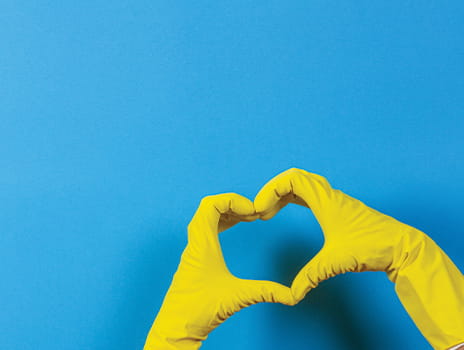April 05, 2022
No one really likes to feel invisible.
Remember as a kid, we used to play that game?
“If you had a superpower, what would it be?”
“I want to fly.”
“I want to lift cars.”
“I want to be invisible.”
That last one always intrigued me. What if I could disappear and go wherever I wanted to go? The living quarters at the White House, Buckingham Palace, in the unseen corners of a hospital!
I disappeared recently with 2 other colleagues, as funny as that sounds. The experience gave me a new set of eyes on how things get done at a health system.
A few months ago – when the 1-2 punch of the delta and omicron variants battered healthcare, and staffing became a major issue after enough healthcare workers had to stay away after testing positive for COVID-19 – the health system (not just ours) began implementing any means necessary to continue to provide the highest level care for patients. That included heartbreakingly, drastically reducing the number of transfers we could accept from other facilities. (Because we’re a regional referral center, caring for patients coming from other facilities where the technology and expertise aren’t available is a big part of what we do.) People working long hours worked even longer. The stress of the surge and the intensity of the 23 months before hit a fevered pitch. We try to manage fever better than anyone else, you see.
And, of course, the virus didn’t just hit those dealing directly with patient care. It hit the whole staff, support or otherwise. At point, we were nearing a thousand people who were unable to report at all levels.
Nobody got well in a dirty hospital. Jeff Novorr, Vice President, Support Operations
Reporting for duty
One important area is housekeeping. Among their many duties, housekeeping employees clean patient rooms and hospital hallways. They’re vital to anyone receiving care.
“Nobody got well in a dirty hospital,” Jeff Novorr told me when he gave me a behind-the-scenes tour of our main campus in Kansas City, Kansas, shortly after I started.
Novorr is vice president of support operations and recently received a Heroes in Healthcare recognition from Ingram’s Magazine (along with Tracy Rasmussen in our cardiology department). He and top executives at The University of Kansas Health System came up with a reassignment plan to solicit those on the nonclinical side to help out. Interestingly, we have plenty of people on the business side of things with clinical backgrounds, and they started filling in where they could in patient-centric roles. Nonclinical employees jumped in, too, from helping deliver meals to patients and transporting them around the health system to cleaning.
As a volunteer, I was a little nervous for that one. I can empty a dishwasher and vacuum with the best of ‘em. But I knew enough to know that I didn’t know what our housekeeping heroes do on a daily basis.
Thank God, they signed me up with veterans. Molly Lack, who’s a senior strategy advisor in strategic planning, met me at the main elevators with Maureen Barry, a data scientist and an equally proficient organizer of cleaning supplies. Lack and Barry had done this before, and they quickly went to work to clean 3 floors at Cambridge Tower A. They did the hard stuff, mopping, wiping and cleaning bathrooms and gave me a beginner’s chore of emptying trash cans.
There are a ton of trash cans at a health system.
I knew after the third can that I would never look at housekeeping the same again. Not only would I not take a cleaning crew’s work for granted (I had), but I also wouldn’t look at the facility the same way. And more importantly, I wouldn’t look at a housekeeping employee the same way.
See, it’s easy for them to blend into the woodwork. Meaning, it’s easy for them to go unnoticed. I know because during my 4 hours volunteering that day, very few people looked up at me. I found myself rolling my trash can down the hall and right up to nurses who were discussing a patient. This makes a promise of confidentially, not repeating what you hear, paramount in housekeeping. I emptied trash behind closed doors in workspaces to the sound of a little office chatter. Wearing a mask certainly hid my identity. But I gather this is one of those anonymous jobs anyway.
COVID-19 has created a resilience in healthcare and certainly at The University of Kansas Health System. It has taught us lessons for a lifetime. One of those lessons I’ve learned my first go-around here is that it really does take everyone to care for the sick and save a life.
Reassignment is mostly wrapping up. With any luck, the new normal will mean a more normal work atmosphere. And some time to rest. I could use it. After 4 hours on that job, I was tired as a dog.
For those of us back at our day jobs, that new normal also means keeping our eyes open to those who are the backbone of this place.
We see you.
Interested in hearing Toby's latest take? Subscribe to follow along.





